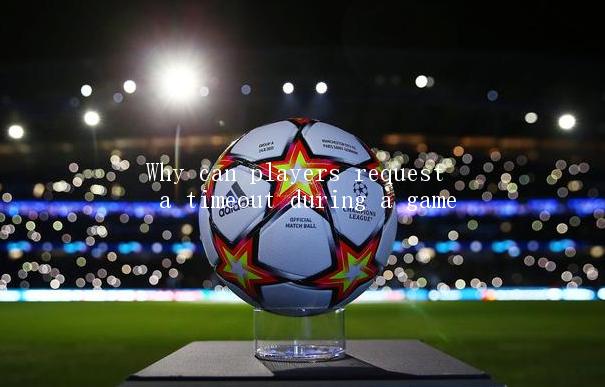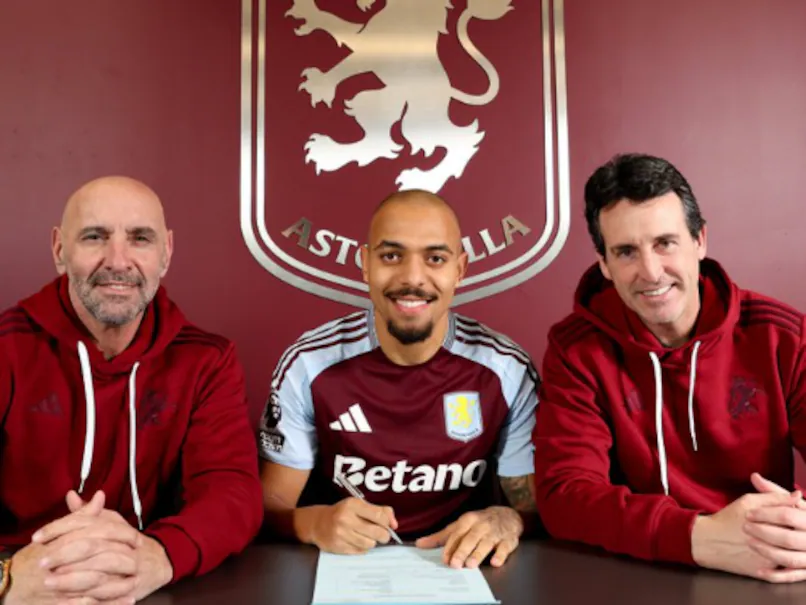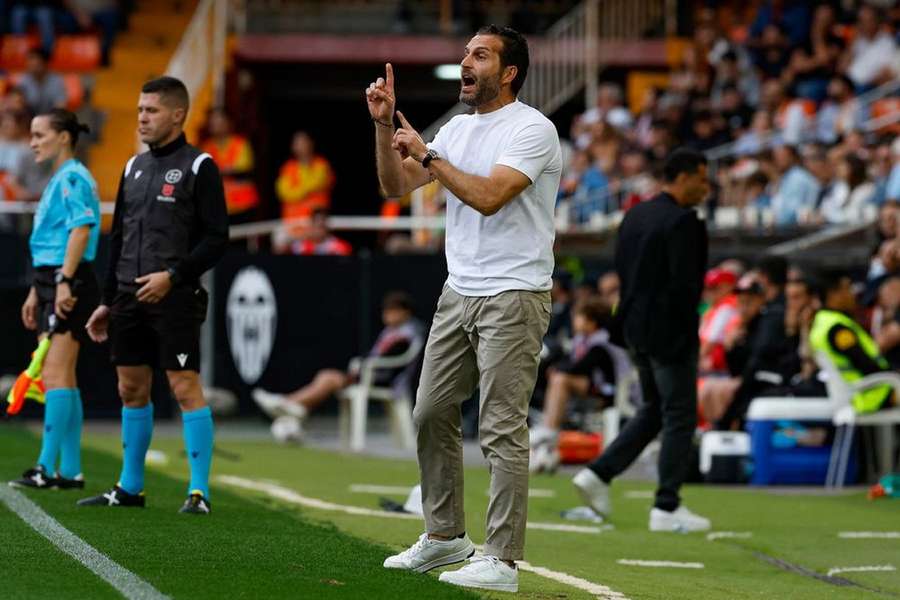Why can players request a timeout during a game

During a game, players can request timeouts to create opportunities for the team, adjust tactics, or give players a break. This rule has always existed and is widely accepted and used. Why can players request a timeout during a game? There are several reasons.
Players requested timeouts to help the team adjust tactics. As the game progresses, the situation may change, and the team needs to make corresponding adjustments based on the changing situation. By requesting a timeout, players can discuss with their coaches and develop new tactics to improve the team's odds of winning. For example, in a basketball game, if the opposing team adopts tight defense, the team can request a timeout, reposition players, and change offensive strategy.
The player also requests a timeout to give the player a chance to rest. In fierce games, players need to expend a lot of physical strength and energy. If there is no opportunity to request a timeout, players may be affected by fatigue or even injured. By requesting a timeout, players can relax, adjust their form, and maintain good competitive form.
In addition, a player's request for a timeout can also interrupt the opponent's momentum. When the opposing team enters a state of consecutive scoring, the team may need to use timeouts to interrupt the opposing team's momentum and cause the opposing team to lose some confidence. By requesting a timeout, the team can give the opponent a surprise, readjust tactics, prevent the opponent from scoring, and increase its odds of winning.
Players can request timeouts to help the team adjust tactics, give players a chance to rest, and interrupt opponents 'momentum. Such rules help improve the fairness and suspense of the game and bring a better viewing experience to the audience. Therefore, the rule for players to request a suspension should be preserved and respected.
RELATED STORIES






LATEST NEWS







